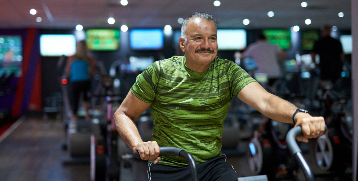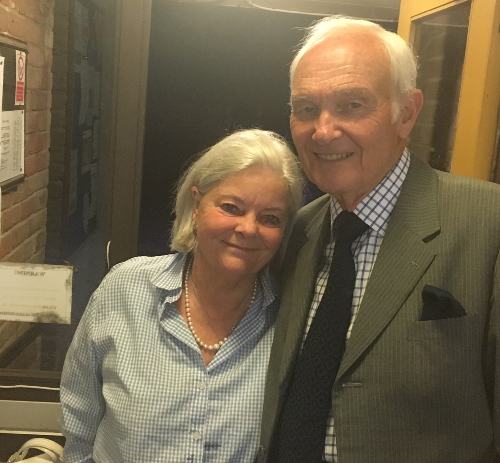
Karen
Diagnosed with type 1 at four years old
Having gastroparesis puts a lot of pressure on your marriage and your life but as I’m getting older, I think I appreciate life more. I realise my situation might be a bit bad at times, but it’s not the end of the world.
Karen was diagnosed with gastroparesis when she was 25. It's a diabetes complication caused by nerve damage, which stops food from moving through the stomach as quickly as it should. Here Karen shares her story of managing gastroparesis while continuing to work in the NHS.



